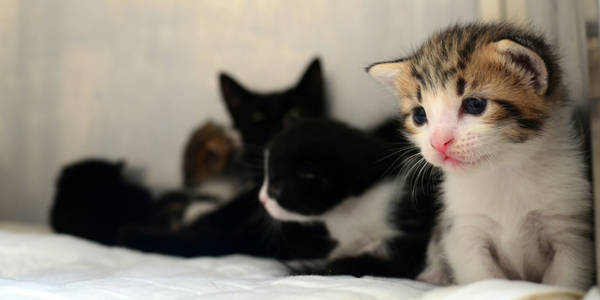Become a foster carer for our most in-need animals
Our foster carers provide much-needed temporary homes for animals who require extra love and support before becoming available for adoption.
These animals might be too young, unwell, recovering from illness or surgery, be in protective custody, or need training to help improve their behaviour. Placing these animals into foster homes provides them with critical care, giving them a far greater chance of quickly finding loving forever homes.
Becoming an RSPCA South Australia foster carer is an incredibly rewarding experience. Watching a previously uncared-for animal finding who they are and learning to trust once again is truly unforgettable.

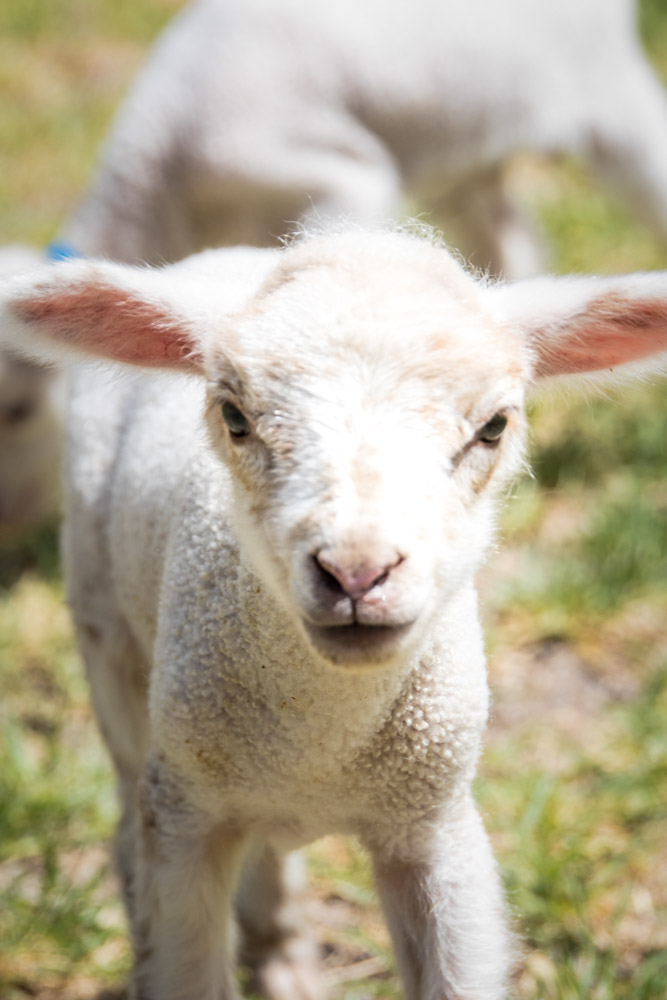
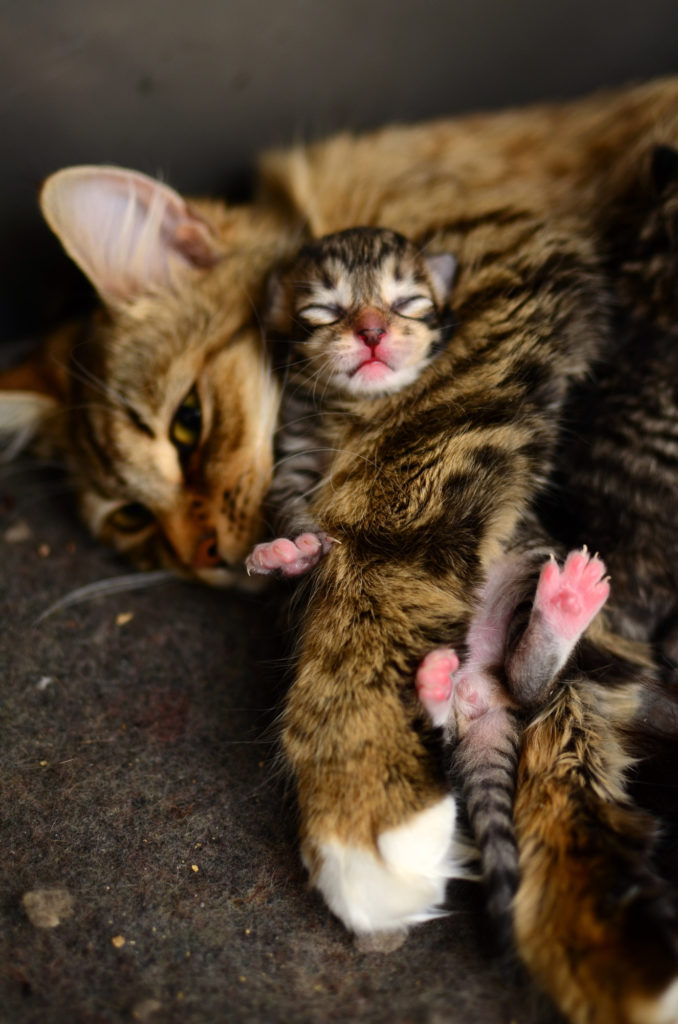
Why we need your help right now
Our foster care team cares for more than 2,000 animals each year. As the amount of animals coming through our shelters grows, it is more important than ever to bring more carers into our RSPCA foster family network.
From November to March every year, RSPCA experiences a huge influx of kittens. These warmer months – known as ‘kitten season’ – place a huge strain on our resources. During kitten season we need extra carers to look after kittens until they are big enough to find forever homes.
Every animal in a foster home is also one less animal that our staff and volunteers need to attend to in the shelter, leaving more resources to dedicate to those in-shelter animals and creating greater capacity so that more animals can come into the RSPCA’s care.
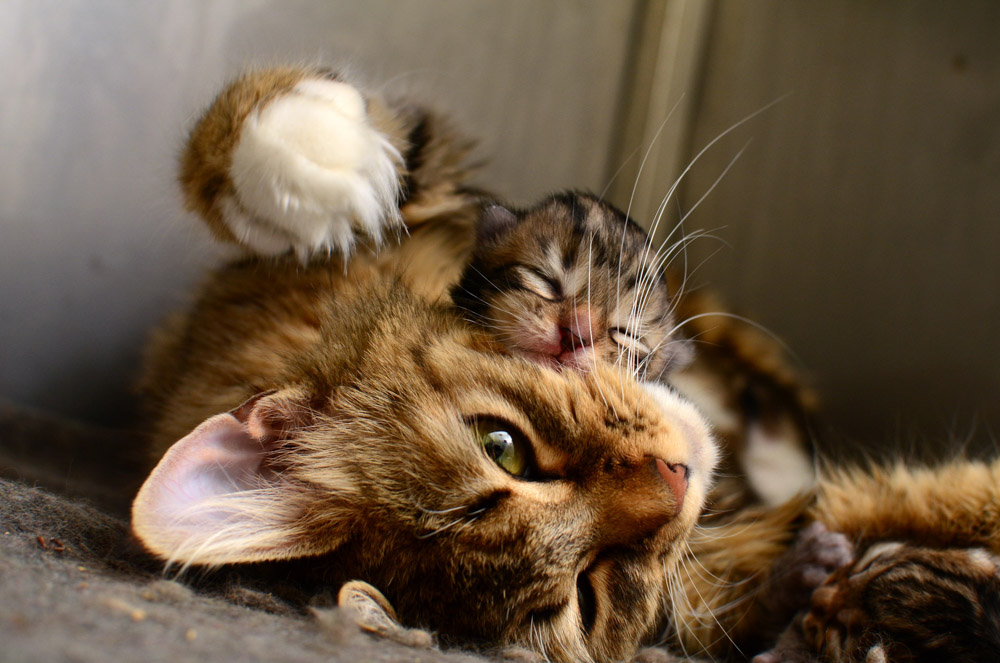

Who is eligible to join our RSPCA foster care team
To become an RSPCA South Australia foster carer, we ask that you:
- Are aged 18 years or older. (Unfortunately, due to health and safety regulations, and child protection laws, we cannot accept foster carers aged under 18 years.)
- Are dedicated to commitment and care, and have lots of love to give.
- Can provide a safe and secure environment for fostered animal/s.
- Are willing to bring foster animals back to our animal shelters for veterinary appointments as required.
- Have reliable transport (so you can get yourself to and from our shelter easily) and vehicle insurance.
- Have home and contents insurance.
- If renting, you have sought permission from your landlord.
- Are willing to attend foster care training sessions as required.
- Follow all RSPCA South Australia policies and guidelines.
- Food.
- Litter.
- Veterinary and behavioural support.
- Leads, crates, cages and other equipment.
Are you ready to make a real difference to the lives of some of South Australia’s most vulnerable animals?
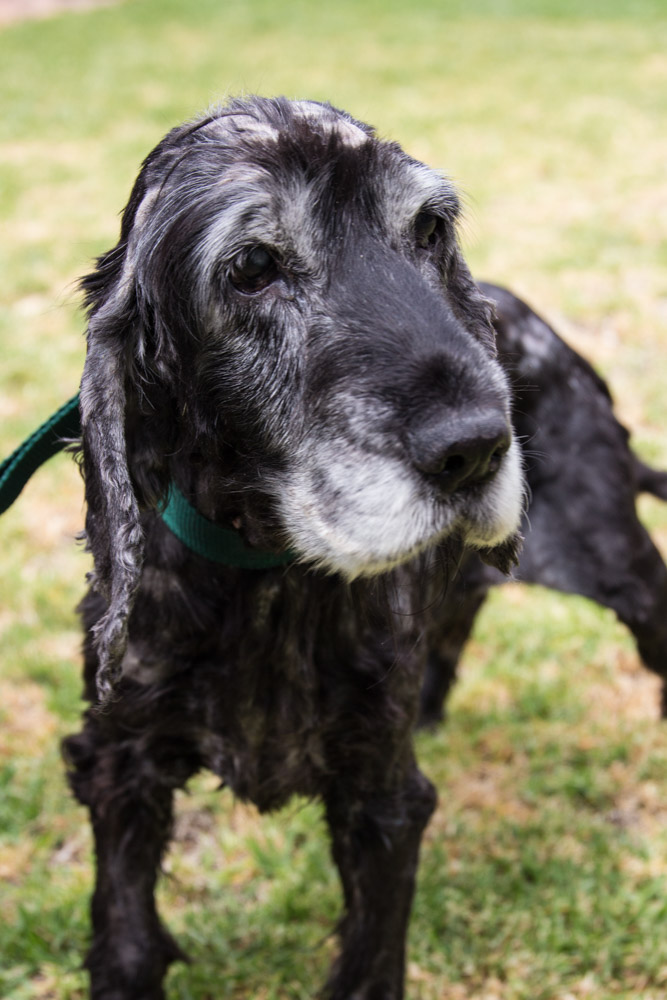
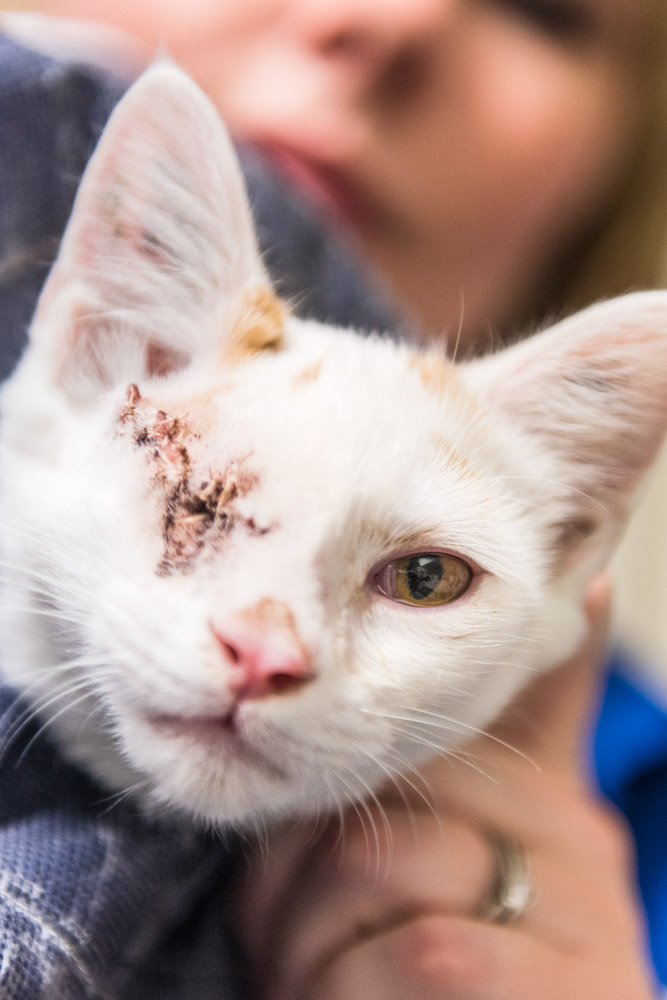
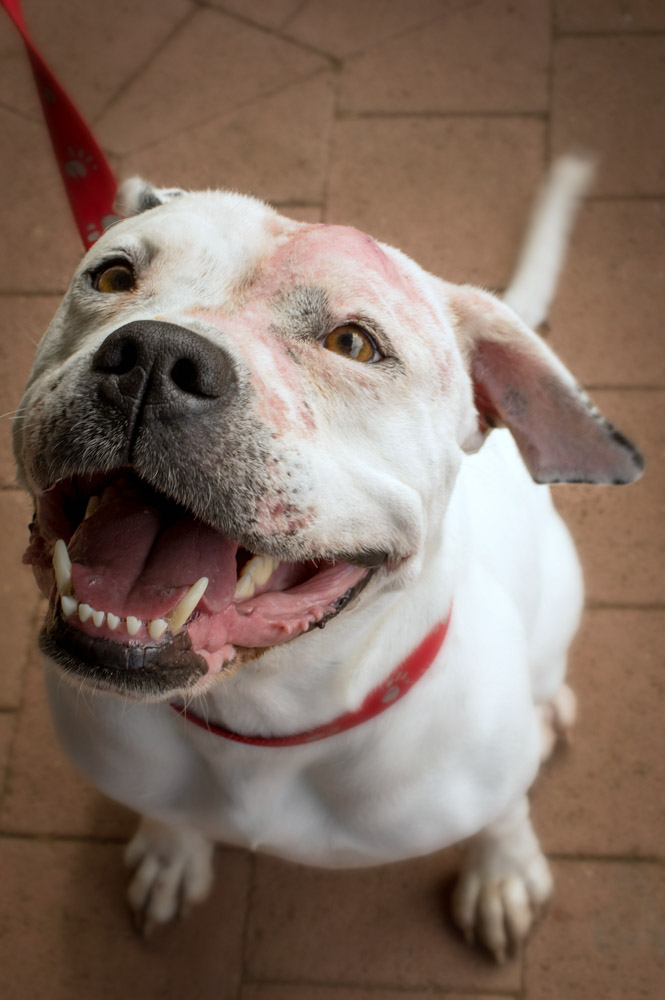
Foster care FAQs
Why do animals need to be placed into foster care?
There are many different reasons why animals require foster care. This includes animals who:
- Are dealing with treatable medical conditions.
- Are still too young to be desexed or rehomed.
- Are recovering from surgery.
- Have young litters.
- Need rehabilitation, rest or socialisation away from the shelter environment.
- Find the shelter environment stressful, such as elderly animals.
- Simply need a home to temporarily call their own.
What types of animals need fostering?
Many different animals require foster care, including:
- Orphaned kittens and puppies.
- Mums with young litters.
- Cats and dogs.
- Rabbits and guinea pigs.
- Chicks, ducklings and birds.
- Goats, lambs and other livestock.
How many animals can I foster?
This depends a little on your circumstances, but most RSPCA foster carers look after two or three young animals or one adult animal at a time.
- No children under the age of 10 (due to health and safety regulations).
- House cannot be left empty for more than six hours.
- Foster dog must be allowed to sleep inside.
- Must have an area to separate the foster dog from owned animals if required.
What if I have other pets?
In most cases, you can still become an RSPCA South Australia foster carer, but you will need to ensure your animals are sociable and fully vaccinated, have been treated for fleas and worms, and are desexed.
You will also need to have an area to keep your fostered animals separate from your own.
Dog and puppy carers can have up to two desexed, vaccinated and well-socialised pet dogs of their own. Cat and kitten carers can have up to three desexed, vaccinated and well-socialised pet cats of their own.
If you wish to foster dogs, you may also need to bring your existing pets into the shelter to ensure they will get on well.
What if I have children?
Most animals can also be safely fostered in a home with children, however in many cases we are unable to place dogs into foster homes with children under the age of 10 years.
What if I live in a unit or work full time?
These circumstances should not prevent you from becoming an RSPCA South Australia foster carer. However, please note that, as we always do our best to match animals with the best possible foster carer, not all animals can be fostered in all homes.
RSPCA South Australia will discuss this with you further during your application process.
What do I need to provide as a foster carer?
Feeding and medical costs are covered by RSPCA South Australia as part of our support service to foster carers. But we do ask that you provide for a few of your foster animal’s needs.
Dogs and puppies:
- Food bowls and water bowls.
- Bedding.
- Lots of love and TLC.
Cats and kittens:
- Food bowls and water bowls.
- Bedding.
- Litter tray.
- Lots of love and TLC.
Pocket pets:
- Food bowls and water bowls.
- Bedding.
- Hutch.
- Playpen (for outside supervised play).
- Lots of love and TLC.
Birds:
- Aviary or bird cage.
- Lots of love and TLC.
Horses and livestock:
- Please contact us to discuss this very special program.
What if my foster animal becomes sick or needs to go to a vet?
Veterinary costs are paid for by RSPCA South Australia as part of our foster carer support service. After your application and training is complete, you will be given contact numbers to call so treatment can be arranged if any problems arise.
How long does fostering last?
The length of time an animal spends with you depends on the reason it needs foster care. This can be anywhere from one week to three months.
What happens if I find it too hard to give them back?
If the animal is assessed by our staff as ready to be adopted, you will be advised and given the first option to adopt (within a specified timeframe). In most instances, the usual adoption fees and any waivers associated with that animal will apply.
Instead of adopting, you may choose to return the animal so he/she can be rehomed, and then provide another animal in need with a warm, happy foster home. Our long-time, repeat foster carers are vital to our animal care operations, and they tell us the pain of parting with animals is far outweighed by the reward of knowing they’re helping so many animals on their journey to new forever homes.
How can I apply to be a foster carer?
Three simple steps are involved in becoming an RSPCA South Australia foster carer:
- Complete your application form and attend an information session.
- Have your property inspected for suitability. (In some cases, this may not be necessary.)
- Become a foster carer and make a lifesaving difference to animals in need!


